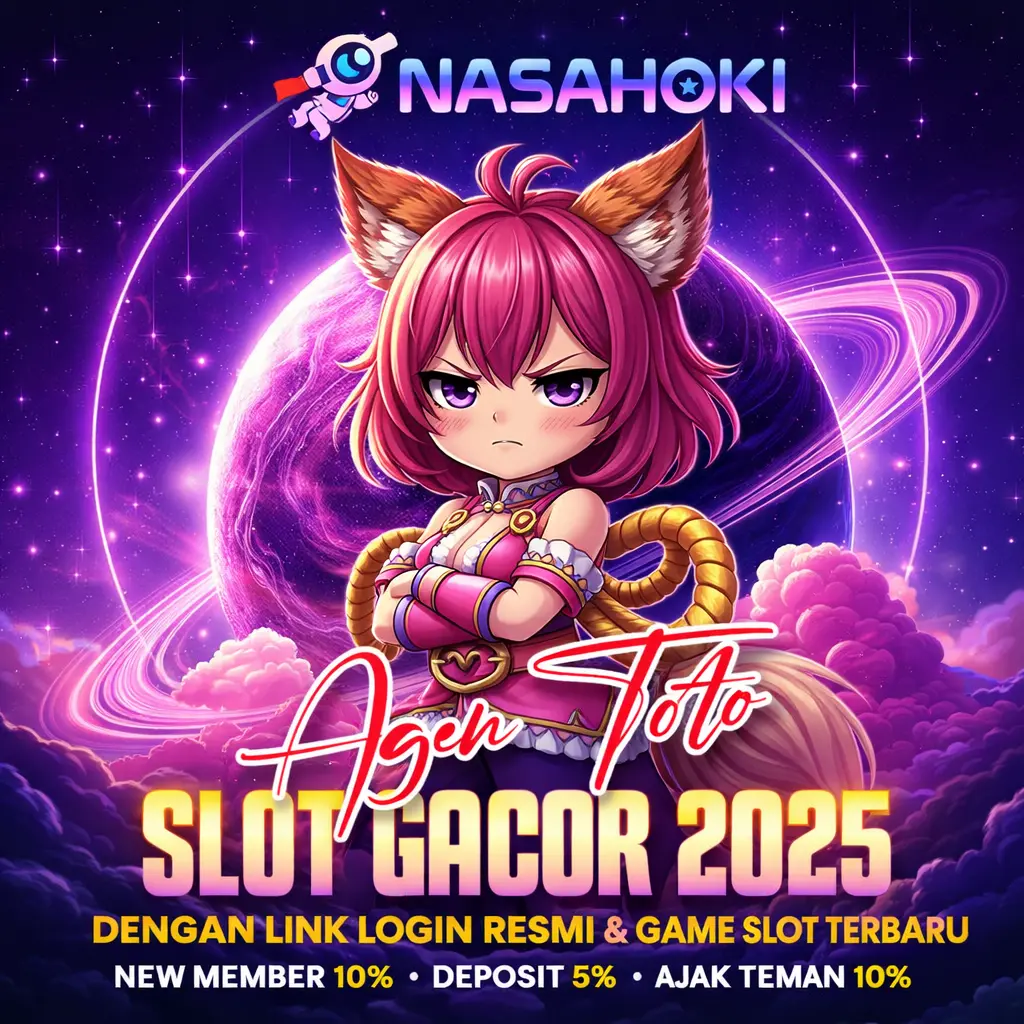Buy new:
-21% IDR388,888.70IDR388,888.70
Save with Used - Good
IDR188,888.89IDR188,888.89
Return this item for free
Free returns are available for the shipping address you chose. You can return the item for any reason in new and unused condition: no return shipping charges.
Learn more about free returns.- Go to your orders and start the return
- Select your preferred free shipping option
- Drop off and leave!
Sorry, there was a problem.
There was an error retrieving your Wish Lists. Please try again.Sorry, there was a problem.
List unavailable.
Download the free Kindle app and start reading Kindle books instantly on your smartphone, tablet, or computer - no Kindle device required.
Read instantly on your browser with Kindle for Web.
Using your mobile phone camera - scan the code below and download the Kindle app.

NASAHOKI ~ Wahana Game Terlengkap Situs Toto 4D Gacor Hari Ini Dan Agen Slot 777 Mudah Banget Dapat X1000 Modal 5K! Hardcover – October 4, 2025
Purchase options and add-ons
Selamat datang di NASAHOKI, wahana game paling lengkap buat lo yang haus cuan dari toto 4D resmi dan slot 777 paling gacor! Slot 777 di sini gampang banget tembus X1000, cukup modal 5k, lo bisa nikmatin sensasi spin berhadiah besar dari provider kelas dunia. Untuk lo yang suka togel 4D, NASAHOKI hadir sebagai situs terpercaya dengan result akurat, pasaran lengkap, dan peluang tembus JP makin gede tiap hari!
Customer reviews
Customer Reviews, including Product Star Ratings help customers to learn more about the product and decide whether it is the right product for them.
To calculate the overall star rating and percentage breakdown by star, we don’t use a simple average. Instead, our system considers things like how recent a review is and if the reviewer bought the item on Amazon. It also analyzed reviews to verify trustworthiness.
Learn more how customers reviews work on Amazon.gif)









